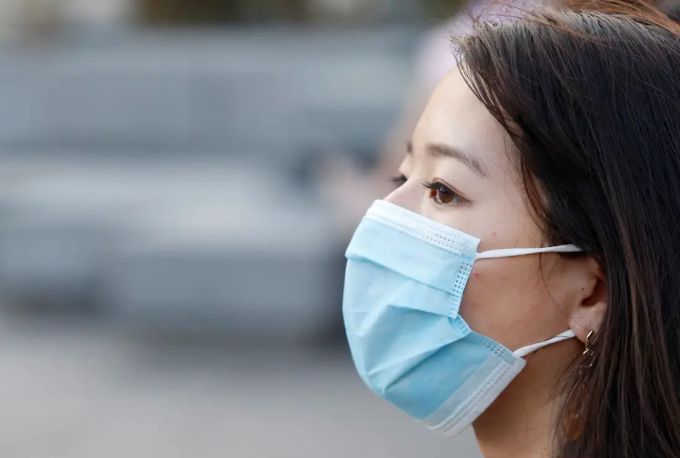Face masks have been in high demand since the news on coronavirus broke out. But are face masks really effective?
‘Surgical mask will help, but not much’
It is common to see people wearing surgical masks in public to protect against pathogens and pollution. But those masks don’t help much in the context of a virus, says Dr. William Schaffner, an infectious disease specialist at Vanderbilt University in Tennessee, USA.
“They’re not designed to keep out viral particles, and they’re not nearly as tightly fitted around your nose and cheeks”, Dr. William stated.
However, masks are effective at capturing droplets, which is a main transmission route of coronavirus. If you are likely to be in close contact with someone infected, a mask cuts the chance of the disease being passed on. If you’re showing symptoms of coronavirus, or have been diagnosed, wearing a mask can also protect others. So masks are crucial for health and social care workers looking after patients and are also recommended for family members who need to care for someone who is ill – ideally both the patient and carer should have a mask.
However, masks will probably make little difference if you’re just walking around town or taking a bus so there is no need to bulk-buy a huge supply.
Other reasons why masks are not for everyone: Masks become damp and ineffective rather quickly and can’t be reused. They also become contaminated and can cause people to more frequently touch their face, something they should not be doing.
N95 respirator
A more specialized mask, known as an N95 respirator, can protect against the new coronavirus, also called SARS-CoV-2. The respirator is thicker than a surgical mask and it’s challenging to put on these masks and wear them for long periods of time.
Precautions
The best way to avoid getting the coronavirus is to, first and foremost, postpone any travel to places with known outbreaks. You can also thoroughly wash your hands with soap; avoid touching your eyes, nose and mouth with unwashed hands; avoid close contact with people who are sick; and disinfect frequently touched objects and surfaces.
